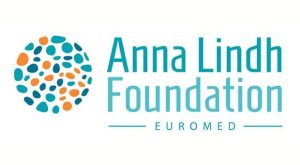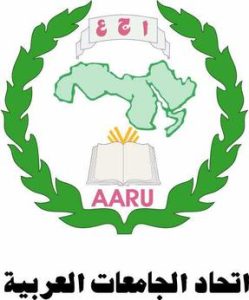Agence Universitaire de la Francophonie – AUF
The Agence universitaire de la Francophonie (AUF) is a global association of French-speaking higher education and research institutions created in 1961 and bringing together more than 1,000 universities on five continents in 119 countries.
AUF and UNIMED share common goals, including advancing the internationalization of higher education in the region, improving higher education governance, strengthening the role of higher education systems and institutions in improving the employability of young people.
The agreement between AUF and UNIMED aims to establish cooperation to unite the efforts of both parties through joint proposals and cooperation projects, organization of conferences, seminars and workshops. And at the same time promoting the joint initiative also in the Western Balkans and in Africa.































